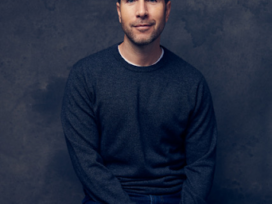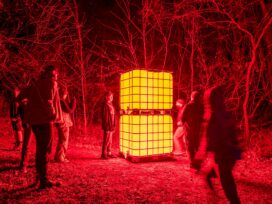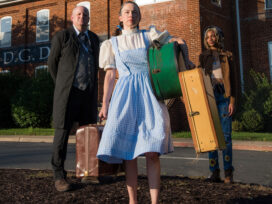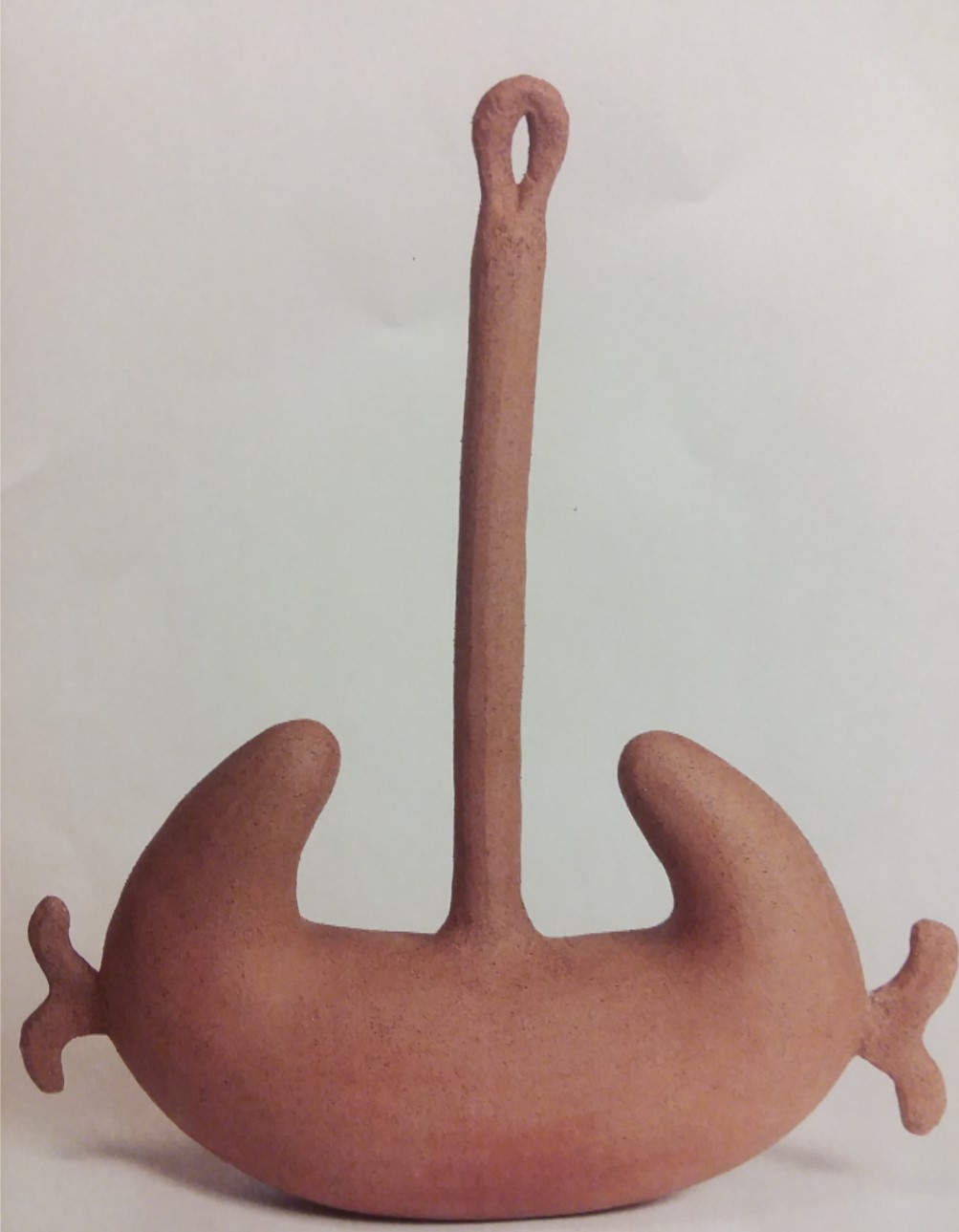
Lockdown: How Solidarity Can Change PVCC
PVCC Police conducted two lockdown drills on Jan. 21. The main purpose of the drills were to test emergency notifications systems and to evaluate if students and faculty followed directions.
“This is the first of many things we are trying to do to make this campus safer for everyone,” Campus Police Chief Chris Wyatt said the day before the drills. The school’s PA system was of particular concern to Wyatt. After the drills, he said that the PA system remained a problem.
Another area of concern involved the E2Campus system, which sends texts to students and faculty who sign up. For some, the system worked fine. Many, however, reported a delay in receiving notification of the drill, according to Wyatt.
The school worked on the PA system between the two drills. Though the school was able to improve the system’s performance by the second drill, Wyatt said there was room for improvement. The college plans to fix the PA system and conduct weekly tests in the future.
In an email after the drills, PVCC Vice President Kim McManus summarized some of the feedback from faculty and staff regarding the drill, particularly the PA system problems: “An overwhelming majority of feedback was in regard to the inability to hear and/or understand the PA system. We are working to immediately rectify the situation. Technical and process adjustments have been made.” Tests of the PA system later on the same week showed improvement, according to McManus.
Many of the faculty voiced concerns over the lack of follow up by authorities after the drill in order to insure that everyone in the school knew the drill was over, McManus said. “We will be sure to have the appropriate authorities positioned in various areas for future drills,” he said.
One area of the drill worked better than expected; the coordination faculty and students showed in following safety instructions was superb.
“I couldn’t ask for more,” Wyatt said, while also mentioning the positive feedback from students in regards to the drill. It is easier to fix notification systems than campus solidarity, he said.
The focus of lockdown procedures shifted from less serious drills to the legitimate need for them. The term “unthinkable” often comes up in regards to school shootings. This term is now inaccurate with America averaging over one mass shooting per day in 2015. Though it remains unlikely that PVCC will ever see a mass shooting on campus, any possibility is still a possibility.
On the subject of mass shootings, Arif Vega, a writer and photographer for The Forum described his experience during the second drill as being somewhat eerie: “I was in a corner in the dark theater with light coming in under the door, thinking about school shootings.”
Wyatt discussed the matter of school shootings openly, often referring to the saying, “Run; Hide; Fight.” He also provided a link to an informational video on how to survive an active shooter.
Though he did not endorse killing a shooter, if in the position to disarm one, Wyatt said “to use as much force as necessary,” which brought into question the rights of students who have lost certain rights, such as the right to bear arms, as a result of past crimes.
The question at hand involved the possibility of a convicted felon disarming a shooter and possibly wielding the shooter’s weapon in an effort to neutralize the threat. No probation officer would issue a warrant for the violation of the a felon’s probation for an action taken in self- defense and the defense of others in a situation like that, Wyatt said.
The two lockdown drills on Jan. 21 made a couple of problems apparent. That was one of the purposes of the drills. Despite that fact, the students and faculty can take peace in the fact that they all have one another’s best interests at heart. Solidarity saves lives. “Our safety is everyone’s responsibility,” Wyatt said. Everyone who took part in the drills seemed to agree.







